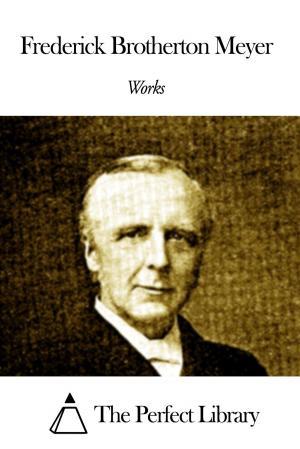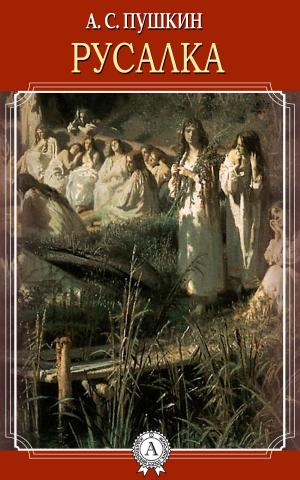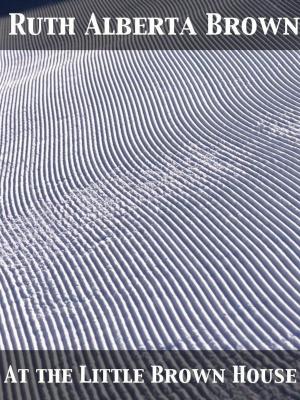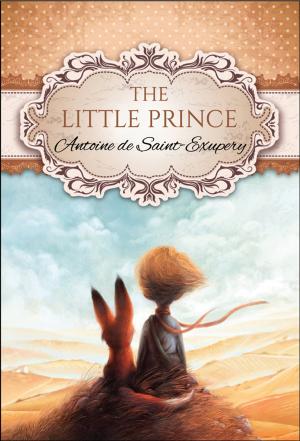| Author: | Charles Dickens | ISBN: | 9788827578728 |
| Publisher: | Dickens Press | Publication: | February 23, 2018 |
| Imprint: | Language: | English |
| Author: | Charles Dickens |
| ISBN: | 9788827578728 |
| Publisher: | Dickens Press |
| Publication: | February 23, 2018 |
| Imprint: | |
| Language: | English |
The sensational bestselling story of Little Nell, the beautiful child thrown into a shadowy, terrifying world, seems to belong less to the history of the Victorian novel than to folklore, fairy tale, or myth. The sorrows of Nell and her grandfather are offset by Dickens's creation of a dazzling contemporary world inhabited by some of his most brilliantly drawn characters-the eloquent ne'er-do-well Dick Swiveller; the hungry maid known as the "Marchioness"; the mannish lawyer Sally Brass; Quilp's brow-beaten mother-in-law; and Quilp himself, the lustful, vengeful dwarf, whose demonic energy makes a vivid counterpoint to Nell's purity.
Charles Dickens was an English writer and social critic. He created some of the world's best-known fictional characters and is regarded as the greatest novelist of the Victorian era. His works enjoyed unprecedented popularity during his lifetime, and by the twentieth century critics and scholars had recognised him as a literary genius. His novels and short stories enjoy lasting popularity.
Born in Portsmouth, Dickens left school to work in a factory when his father was incarcerated in a debtors' prison. Despite his lack of formal education, he edited a weekly journal for 20 years, wrote 15 novels, five novellas, hundreds of short stories and non-fiction articles, lectured and performed extensively, was an indefatigable letter writer, and campaigned vigorously for children's rights, education, and other social reforms.
A prolific 19th Century author of short stories, plays, novellas, novels, fiction and non-fiction; during his lifetime Dickens became known the world over for his remarkable characters, his mastery of prose in the telling of their lives, and his depictions of the social classes, morals and values of his times. Some considered him the spokesman for the poor, for he definitely brought much awareness to their plight, the downtrodden and the have-nots. He had his share of critics, like Virginia Woolf and Henry James, but also many admirers, even into the 21st Century.
The sensational bestselling story of Little Nell, the beautiful child thrown into a shadowy, terrifying world, seems to belong less to the history of the Victorian novel than to folklore, fairy tale, or myth. The sorrows of Nell and her grandfather are offset by Dickens's creation of a dazzling contemporary world inhabited by some of his most brilliantly drawn characters-the eloquent ne'er-do-well Dick Swiveller; the hungry maid known as the "Marchioness"; the mannish lawyer Sally Brass; Quilp's brow-beaten mother-in-law; and Quilp himself, the lustful, vengeful dwarf, whose demonic energy makes a vivid counterpoint to Nell's purity.
Charles Dickens was an English writer and social critic. He created some of the world's best-known fictional characters and is regarded as the greatest novelist of the Victorian era. His works enjoyed unprecedented popularity during his lifetime, and by the twentieth century critics and scholars had recognised him as a literary genius. His novels and short stories enjoy lasting popularity.
Born in Portsmouth, Dickens left school to work in a factory when his father was incarcerated in a debtors' prison. Despite his lack of formal education, he edited a weekly journal for 20 years, wrote 15 novels, five novellas, hundreds of short stories and non-fiction articles, lectured and performed extensively, was an indefatigable letter writer, and campaigned vigorously for children's rights, education, and other social reforms.
A prolific 19th Century author of short stories, plays, novellas, novels, fiction and non-fiction; during his lifetime Dickens became known the world over for his remarkable characters, his mastery of prose in the telling of their lives, and his depictions of the social classes, morals and values of his times. Some considered him the spokesman for the poor, for he definitely brought much awareness to their plight, the downtrodden and the have-nots. He had his share of critics, like Virginia Woolf and Henry James, but also many admirers, even into the 21st Century.















